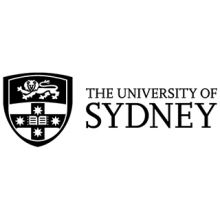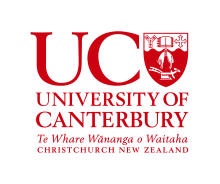Although Covid-19 has driven a wrecking ball through research funding, it has levelled the playing field in some ways, the THE Live ANZ event has heard.
Rebecca Ivers, head of the School of Public Health and Community Medicine at UNSW Sydney, said that the pandemic had gone some way towards “decolonising research” by helping academics in low- and middle-income countries develop their research capacity.
“It means that people in those countries [are working as] lead investigators,” Professor Ivers told the forum. “They’re not repositories now for international researchers dropping in. In many ways, it’s a way of reshaping the way we do research and the way we engage with our collaborators.”
Professor Ivers’ panel had been asked by the former vice-chancellor of the Papua New Guinea University of Technology, Albert Schram, whether Australian and New Zealand researchers were still participating successfully in international consortia despite the restrictions imposed by the pandemic.
She said that they were, and with equity front of mind. “[We are] reinforcing the need to build local capacity and to grow local investigators to lead that research, when other people can’t come in to do training or support or [their] own research ideas and funding,” Professor Ivers said.
She said that a lot of research in low-income countries depended on funding from wealthier neighbours. “We need to make sure that we bring everyone along with us – that we look at this with a global outlook and make sure that the fundamental critical research is still done.”
Duncan Ivison, deputy vice-chancellor (research) at the University of Sydney, said that the pandemic had been “devastating” for researchers accustomed to fieldwork, such as ecologists. “For people who rely on critical trials and working directly with patients in clinical settings, [it has been] very challenging and very difficult,” he said.
“However, the great discovery is that a lot of other kinds of research can continue, and a lot of the conversations that happen at conferences can be had through digital means.”
Professor Ivison said a recent conference that Sydney had conducted with the China Agricultural University had attracted some 14,000 participants. “There is no question that it’s adversely affected a lot of research, but it’s also created some innovation and opportunities,” he said.
“The transaction costs of engaging are much lower now for a lot of disciplines. People have learnt that they can do it, which is pretty exciting.”
The forum heard that the pandemic had also created a groundswell of public goodwill towards science and researchers. It could be harnessed in the debate around climate change, which was “still seen as a green agenda about radical left-wing hippies”, Professor Ivers said. “Covid will allow us to bring it into the mainstream.”
University of Canterbury deputy vice-chancellor Ian Wright said that the Christchurch earthquakes had illustrated how disasters could foster researchers’ engagement with the public. “Covid and events [like it] are basically short-time experiments in what is going to happen to us through climate change,” he told the forum.
“There are some really important societal responses that we can learn over the next two years, that will tell us what we should be doing around climate change.”
John Bell, deputy vice-chancellor of the University of Southern Queensland, said that the pandemic would also help researchers prosecute the case for new and different industries.
“We are going to live in a different way as a result of this crisis,” he told the forum. “That gives us an opportunity to reset the way things are done, and to address some of the climate change impacts. There are opportunities.”
Register to continue
Why register?
- Registration is free and only takes a moment
- Once registered, you can read 3 articles a month
- Sign up for our newsletter
Subscribe
Or subscribe for unlimited access to:
- Unlimited access to news, views, insights & reviews
- Digital editions
- Digital access to THE’s university and college rankings analysis
Already registered or a current subscriber? Login












